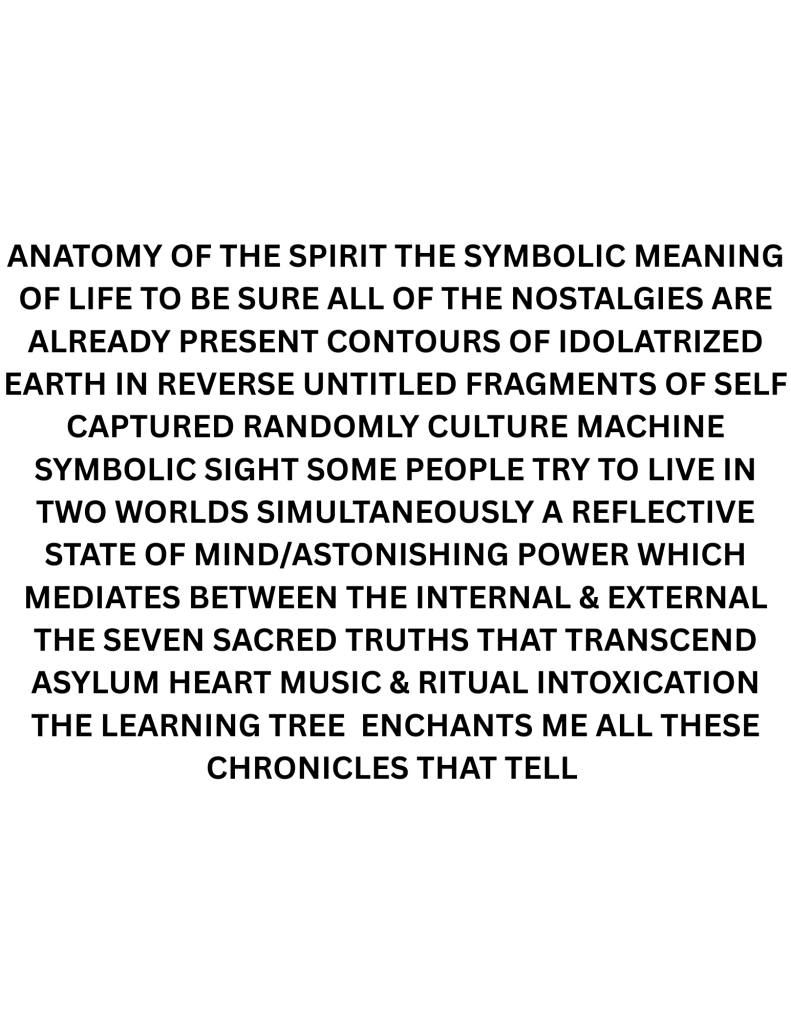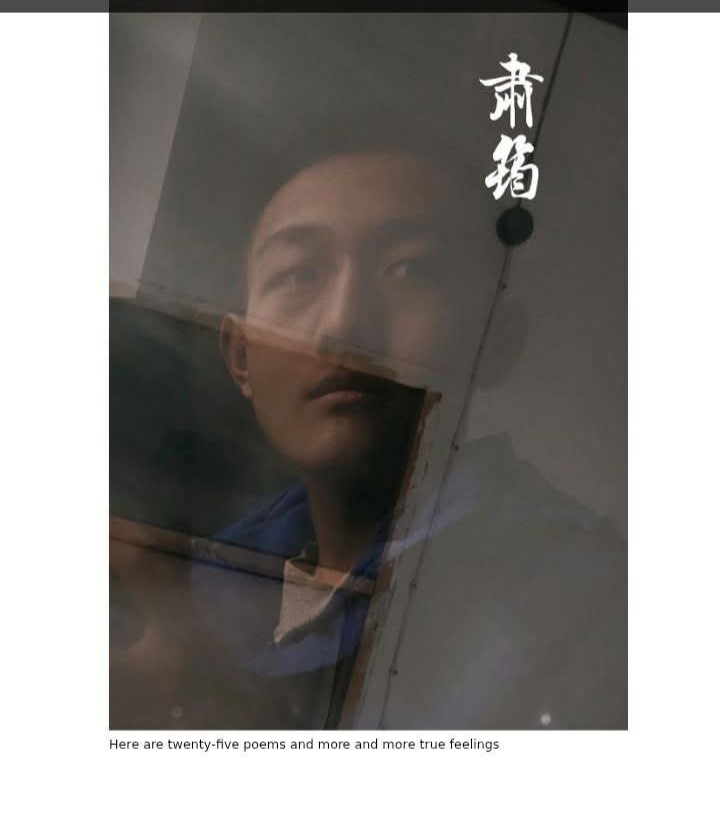The Role of Conceptual Metaphors in Cross-Cultural Communication: A Cognitive Linguistic Perspective
Abdijabborova Sabrina
Uzbekistan State World Languages University
English First Faculty
Abstract: This paper examines the crucial role of conceptual metaphors in facilitating or hindering cross-cultural communication, through the lens of cognitive linguistics. Conceptual metaphors are not merely stylistic devices, but fundamental cognitive tools that shape how individuals understand abstract phenomena such as time, emotion, and life. Each culture develops unique metaphorical frameworks influenced by historical experience, environmental interaction, and socio-cultural norms. By comparing English and Uzbek metaphorical expressions, this study reveals how divergent cultural backgrounds give rise to distinct conceptualizations of the world. For instance, where English may conceptualize time as a resource (“Time is money”), Uzbek might present it as a natural force (“Time is a river”). Misunderstanding these metaphorical constructs can result in miscommunication, especially in intercultural dialogue, translation, and international relations. The findings stress the necessity of incorporating metaphor awareness into language education and translation studies. Understanding metaphorical mappings enables more accurate translation, deeper cultural understanding, and more effective global communication. This interdisciplinary approach contributes to both theoretical linguistics and practical language teaching strategies.
Keywords: conceptual metaphor, cognitive linguistics, cross-cultural communication, metaphorical mapping, linguistic relativity.
In an increasingly globalized world, effective communication across languages and cultures is more important than ever. However, language is not merely a neutral tool for communication—it is deeply rooted in culture and cognition. One of the most revealing aspects of this relationship is the use of conceptual metaphors, which allow speakers to understand abstract concepts through more familiar, concrete experiences. As posited by Lakoff and Johnson (1980), metaphors are not decorative linguistic elements but central to human thought processes.
Despite the universality of some metaphorical themes, the way metaphors are structured and understood varies significantly across cultures. This can lead to misunderstanding in cross-cultural interactions, especially when metaphorical expressions are interpreted literally or translated without cultural sensitivity. Understanding how conceptual metaphors function in different languages—such as English and Uzbek—can help reveal the cognitive and cultural models underlying each language community.
This paper aims to explore the cognitive and cultural dimensions of conceptual metaphors, focusing on their role in shaping intercultural communication, translation accuracy, and language education practices.
Cognitive linguistics views language as an integral part of human cognition rather than an autonomous system. Within this framework, conceptual metaphor theory (CMT) has emerged as one of the most influential models explaining how abstract concepts are understood via concrete, embodied experiences. The seminal work of George Lakoff and Mark Johnson (1980) revealed that human thought is fundamentally metaphorical. According to their theory, individuals use source domains (often physical and concrete) to conceptualize target domains (usually abstract and intangible).
Take, for example, the metaphor “LIFE IS A JOURNEY.” This mapping allows us to talk about life in terms of paths, obstacles, goals, and companions—concepts derived from physical travel. Expressions such as “He’s at a crossroads in life” or “She’s going down the wrong path” illustrate how deeply ingrained this metaphor is in English-speaking cultures. Such metaphors are not arbitrary; they are grounded in bodily experiences and shared cultural knowledge.
Importantly, while the cognitive structures that give rise to metaphors may have universal roots—such as physical orientation or spatial awareness—their linguistic realizations often vary significantly across languages due to cultural differences. For instance, in Uzbek, the metaphor “Yuragi tor edi” (literally “His heart was narrow”) conveys the idea of someone being emotionally closed or selfish. While English may use the metaphor “cold-hearted” or “stone-hearted” for similar meanings, the imagery differs, reflecting distinct cultural conceptions of emotion.
Moreover, conceptual metaphors serve not only communicative functions but also cognitive and affective ones. They help us structure time, morality, emotion, and social relationships. They influence reasoning, memory, and perception. Therefore, understanding how different languages utilize metaphorical mappings is essential for grasping how their speakers conceptualize the world. CMT thus offers a powerful explanatory tool for exploring the interface between language, thought, and culture. One of the central insights of cognitive linguistics is that while human beings may share similar cognitive processes, the cultural environments in which they grow up significantly shape how these processes manifest linguistically. Conceptual metaphors are deeply embedded in cultural narratives and worldviews, making them highly susceptible to linguistic relativity—the idea that language influences thought (Whorf, 1956). For instance, in Western cultures, metaphors related to competition, war, and business dominate public discourse. Expressions like “He’s crushing the competition” or “Let’s target the market” reflect a metaphorical worldview influenced by capitalism and individualism. In contrast, metaphorical expressions in Uzbek culture often emphasize harmony, collectivism, and nature. Phrases such as “Ko‘ngli qushdek uchdi” (His heart flew like a bird) or “Sabr daraxti meva beradi” (The tree of patience bears fruit) reflect values rooted in patience, humility, and interconnectedness with nature.
These differences are not merely aesthetic—they represent distinct ontological metaphors and value systems that influence how individuals interpret events, emotions, and relationships. For example, time metaphors differ significantly across cultures: English often treats time as a commodity (“save time,” “waste time”), whereas many non-Western cultures—including Uzbek—may view time as cyclical or natural (“vaqt daryo” – time is a river). Such metaphors shape punctuality norms, scheduling preferences, and even perceptions of life stages.
Linguistic relativity becomes especially relevant when metaphors are used in political, religious, or emotional contexts. A metaphor that may sound neutral in one culture could be offensive or meaningless in another. For instance, metaphors involving pigs, dogs, or certain colors carry radically different symbolic meanings across cultures, underscoring the importance of cultural sensitivity in metaphor interpretation.
Thus, studying conceptual metaphors from a cross-cultural perspective offers a valuable lens into how different societies encode and transmit collective experiences. It supports the view that language and culture are mutually constitutive, and that metaphors are cultural artifacts as much as cognitive tools.
The translation of metaphorical language is one of the most challenging aspects of intercultural communication. Unlike literal language, metaphors often carry implicit cultural assumptions, symbolic meanings, and cognitive associations that are not easily transferable from one language to another. As a result, literal translations of metaphors frequently lead to confusion, misinterpretation, or even offense. Professional translators must decide whether to preserve the metaphor by finding an equivalent metaphor in the target language, paraphrasing the meaning, or in some cases, omitting it entirely if no suitable counterpart exists. For instance, the English metaphor “breaking the ice” (to initiate conversation or reduce social tension) may be translated in Uzbek as “suhbatga ko‘prik qurish” (to build a bridge into conversation)—a different metaphor that carries a similar communicative function but reflects a different cultural image.
Failure to appropriately translate metaphors can have serious implications in fields such as diplomacy, literature, media, and marketing. Political speeches filled with war-related metaphors (“fight for justice,” “combat poverty”) may be misinterpreted or sound aggressive in cultures that value indirectness or pacifism. Likewise, product slogans based on metaphorical language may lose their persuasive power or become laughable when poorly translated.
In language education, metaphor is often neglected in favor of grammatical or lexical instruction. However, learners who are unaware of common metaphorical structures in the target language may struggle to grasp idiomatic expressions, understand humor, or read between the lines. Integrating metaphor awareness into curriculum design can greatly enhance learners’ pragmatic competence and intercultural sensitivity.
Ultimately, recognizing and respecting metaphorical differences is key to developing intercultural communicative competence. Translators, teachers, and learners must all navigate the space between linguistic fidelity and cultural adaptation—a task that requires both linguistic expertise and cultural empathy. The study of conceptual metaphors within a cognitive linguistic framework provides valuable insight into the deep interconnections between language, thought, and culture. As demonstrated throughout this paper, metaphors are not merely stylistic elements of language, but core cognitive mechanisms that shape how individuals across different cultures perceive and engage with the world. They structure abstract concepts such as time, emotion, morality, and social relationships by grounding them in embodied experiences.
By comparing English and Uzbek conceptual metaphors, it becomes evident that metaphorical thinking is both universal and culture-specific. While human beings may share basic cognitive tendencies—such as spatial orientation, bodily experience, or causality—the ways in which these experiences are metaphorically mapped onto abstract domains vary according to cultural norms, historical background, and social values. For instance, the English metaphor “Time is money” reflects an economic worldview, while the Uzbek metaphor “Vaqt daryo” (Time is a river) suggests a natural and cyclical conceptualization. These differences are not only linguistic but deeply conceptual, influencing behavior, priorities, and communication styles.
In the realm of cross-cultural communication, awareness of conceptual metaphor variation is essential. Metaphors often carry implicit meanings that, when misunderstood, can lead to confusion, misinterpretation, or even conflict. This is particularly significant in areas such as translation, diplomacy, education, media, and international collaboration, where communicative precision and cultural sensitivity are critical.
From a theoretical perspective, this research supports the growing body of work in cognitive linguistics that emphasizes the embodied and experiential basis of meaning. It affirms that studying metaphor is not only a matter of linguistic analysis but also a window into cultural cognition and human conceptual systems. Looking ahead, further interdisciplinary research is needed to explore metaphorical systems across a broader range of languages and cultural groups, particularly underrepresented or endangered languages. Additionally, future studies could investigate how digital communication, globalization, and media discourse influence the evolution and convergence of conceptual metaphors across societies.
In conclusion, conceptual metaphors are powerful tools that reflect and shape the way we think, speak, and relate to one another. Understanding them is not only beneficial for linguists and translators, but also essential for educators, policymakers, and anyone engaged in meaningful intercultural communication in today’s interconnected world.
References:
- Deignan, A. (2005). Metaphor and corpus linguistics. John Benjamins Publishing.
- Kövecses, Z. (2005). Metaphor in culture: Universality and variation. Cambridge University Press.
- Kövecses, Z. (2010). Metaphor: A practical introduction (2nd ed.). Oxford University Press.
- Lakoff, G., & Johnson, M. (1980). Metaphors we live by. University of Chicago Press.
- Lakoff, G., & Turner, M. (1989). More than cool reason: A field guide to poetic metaphor. University of Chicago Press.
- Whorf, B. L. (1956). Language, thought, and reality: Selected writings of Benjamin Lee Whorf (J. B. Carroll, Ed.). MIT Press.
- Gibbs, R. W. (1994). The poetics of mind: Figurative thought, language, and understanding. Cambridge University Press.
- Barcelona, A. (Ed.). (2003). Metaphor and metonymy at the crossroads: A cognitive perspective. Mouton de Gruyter.
- Yu, N. (1998). The contemporary theory of metaphor: A perspective from Chinese. John Benjamins Publishing.


